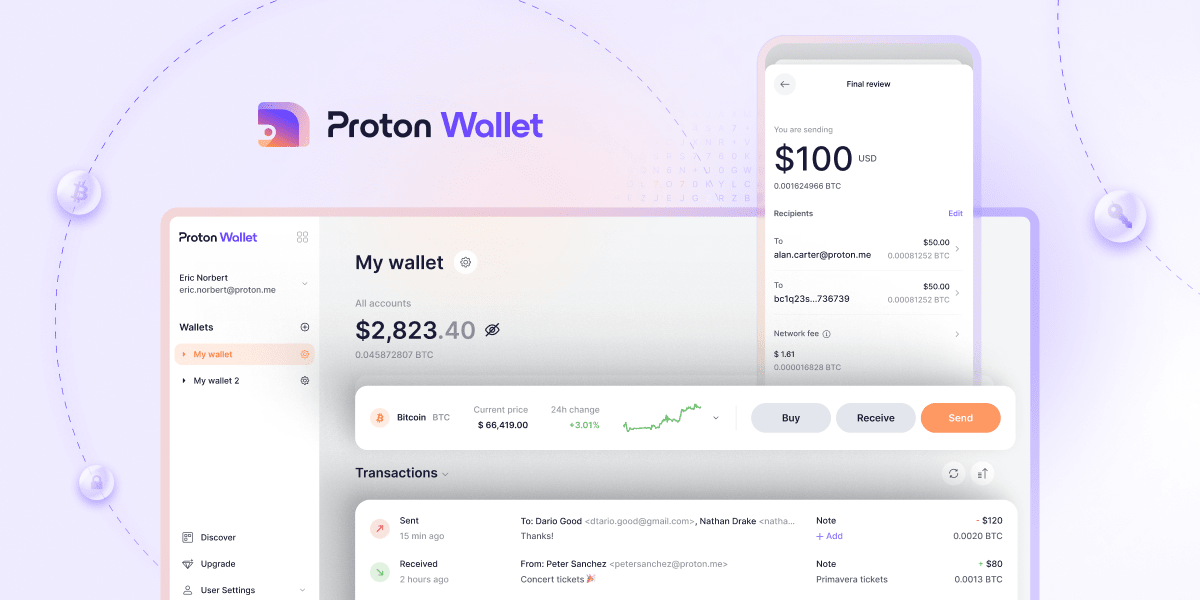

You are hilarious. I literally just cited you a source that lightning has 2.6 million uses in the past month. Monero’s transaction volume during that time? 20-40k. And your response is that “nobody actually uses lightning, everybody actually uses monero”.


















You can make as many Bitcoin addresses as you want. You can look up an addresses balance but not a wallet’s balance. It’s not as clear as you’re making it sound.
Bitcoin over Lightning is much, much more opaque, and it’s where the majority of Bitcoin transactions are now occurring. You can’t look up somebody’s balance. The only people who know about the transaction are you, the recipient, and any intermediary nodes used to forward the transaction. Privacy is continuing to improve on lightning and main chain.